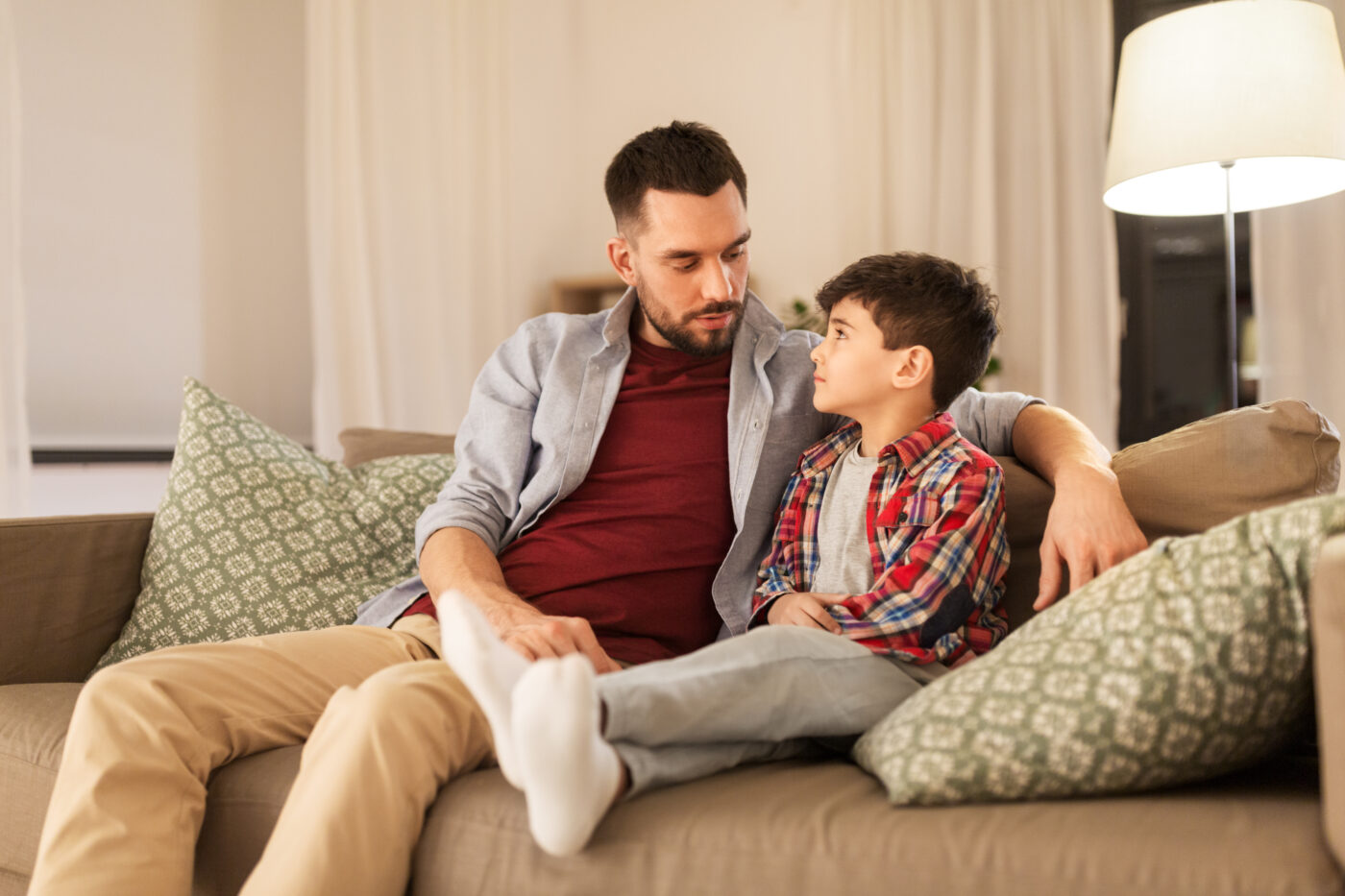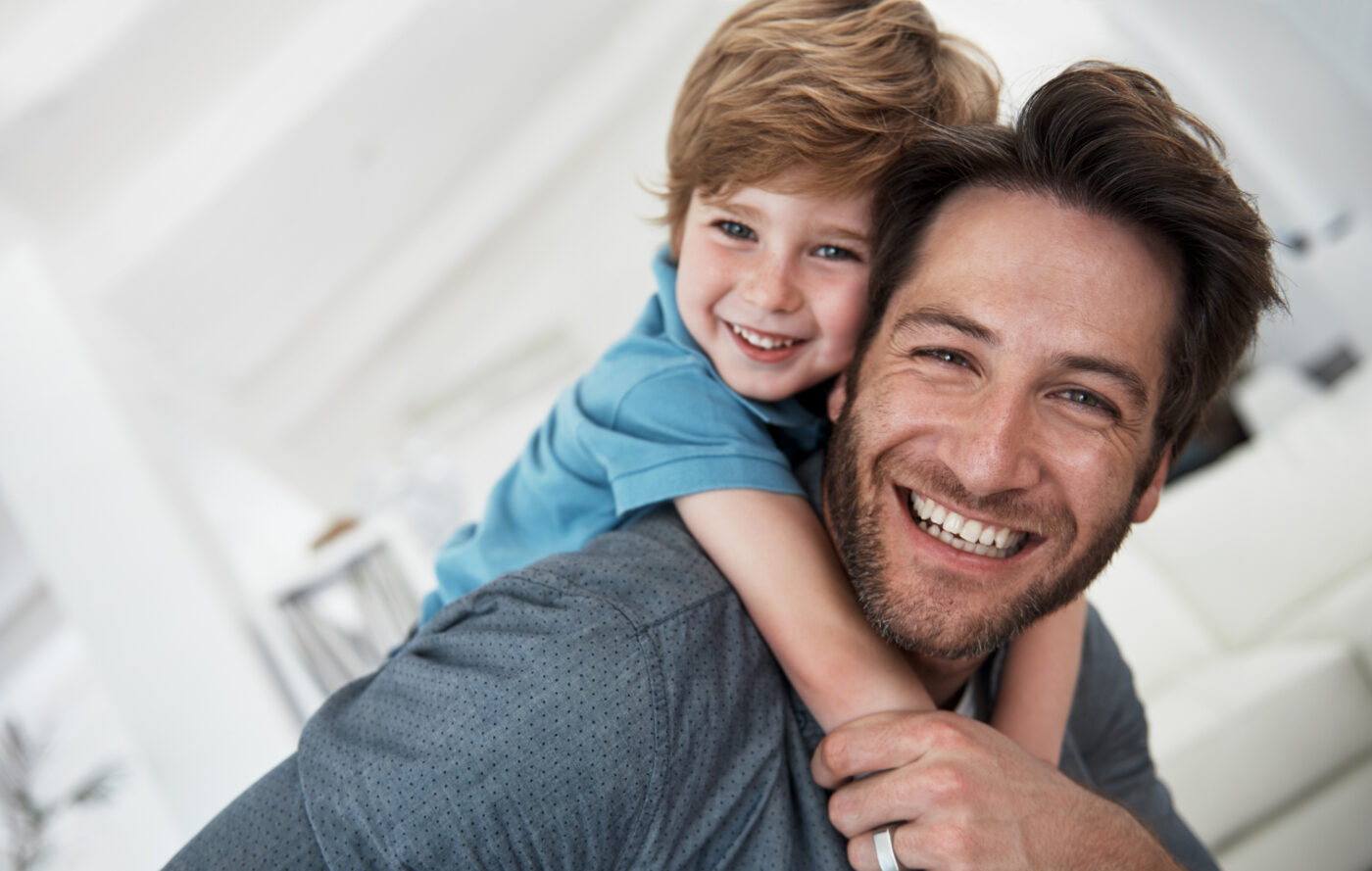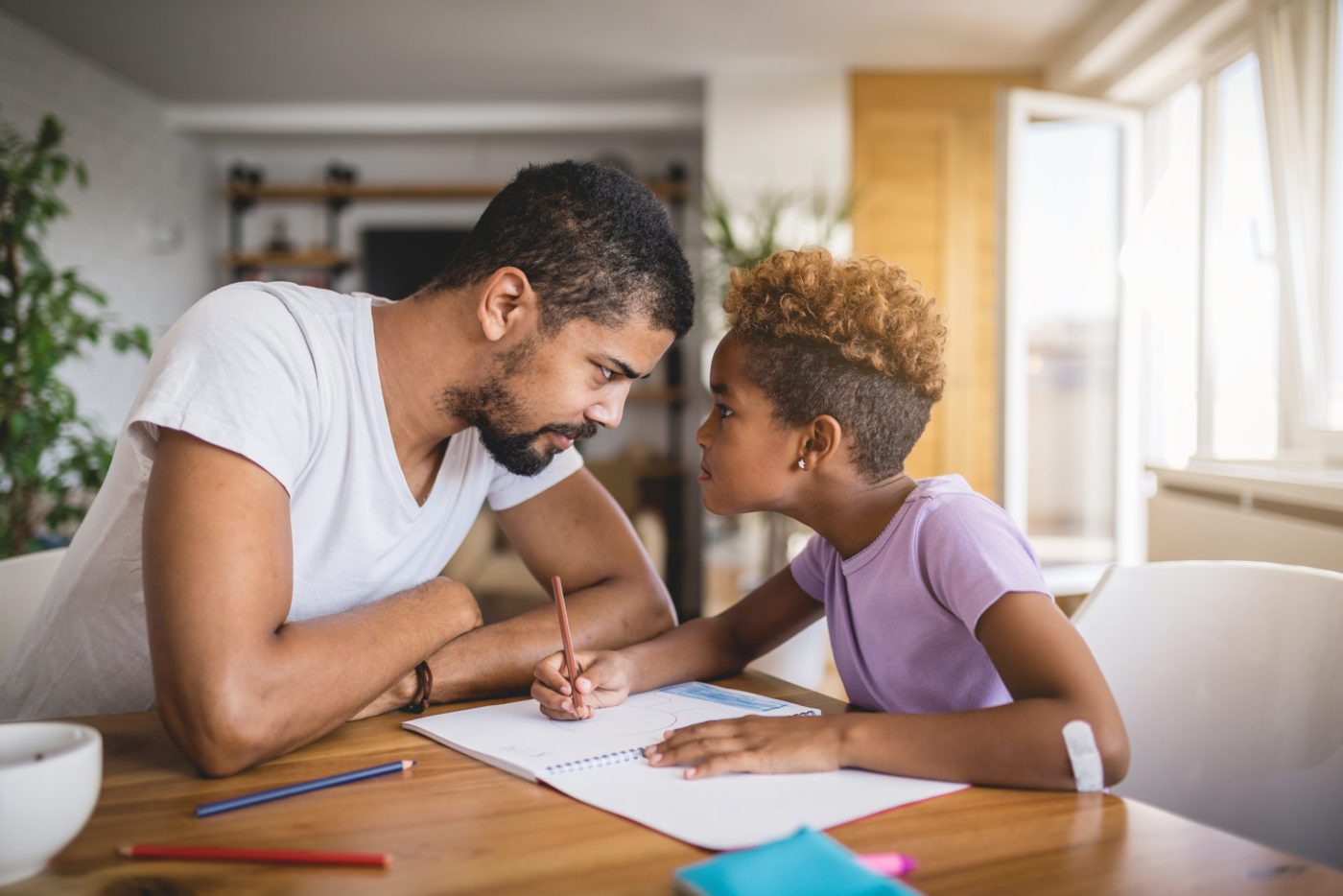“Man, I really gotta apologize for what happened,” Cole said. Sitting on our living room couch, I braced myself for the apology I’d been waiting for from my college roommate. He’d been the cause of an incident that strained our relationship horribly. He acknowledged the problem, but as he spoke, it became evident that his apology was more about shifting blame than taking responsibility.
Instead of conveying genuine remorse, Cole delved into a lengthy explanation, subtly implying that the situation wasn’t entirely his fault. The sincerity I hoped for was overshadowed by a defensive tone, leaving me with the impression that he was more focused on justifying his actions than on repairing our friendship. The incident served as a reminder that a well-intentioned apology involves not only admitting fault but also making a genuine effort to understand and acknowledge the impact on the other person. Honestly, some us of dads may slip up on how to properly apologize to our kids. I know I do. Here are 5 pitfalls to avoid when you’re apologizing to your kids.
1. Blaming Your Child for Your Response
It can be easy for us dads to say, “Well, if you hadn’t _____, I wouldn’t have _____. Even though that might be true, when saying sorry, take full responsibility for your actions. Shifting blame or making excuses can dilute the sincerity of your apology.
2. Undermining How They Feel
Our little humans, no matter the age, have feelings too. Sometimes I forget what may be small to me is huge to them. So, we have to acknowledge the emotions involved and avoid belittling or dismissing your child’s feelings. Everyone’s emotions are valid, and validating them is crucial in rebuilding trust.
3. Apologizing Vaguely
Vague apologies lack impact. Specify what you are apologizing for, demonstrating that you understand the exact nature of your mistake. I love telling our little girls specifically what I should have done better so they know exactly what to expect from me and their future relationships.
4. Trying to Make Things Happen Fast
True reconciliation takes time. Don’t rush your child into accepting your apology or moving on. Allow them the space they need to process their emotions. As hard as it can be, I have to practice letting them process my apology and the time it takes. My youngest sometimes take a little longer, but I find fun ways to still love on her (with space) until she fully gets back to giving me her little hugs.
5. Apologizing Without a Changing Your Behavior
Imagine someone accidentally stomping on your toe and then apologizing. It happens again, and they apologize once more. If this pattern continues, what would be your thoughts on the situation? Apologies should be followed by a change in our actions to prevent the incident from happening again, right? Let’s always show our kids we’ve committed to making positive changes and learning from our mistakes. This helps rebuild trust and reinforces the sincerity of your apology.
Sound off: What are some indications that show us we need to apologize?












Huddle up with your kids and ask, “What makes saying I’m sorry hard to do?”